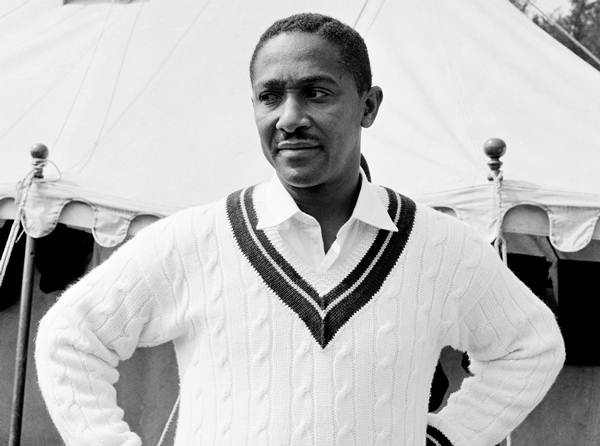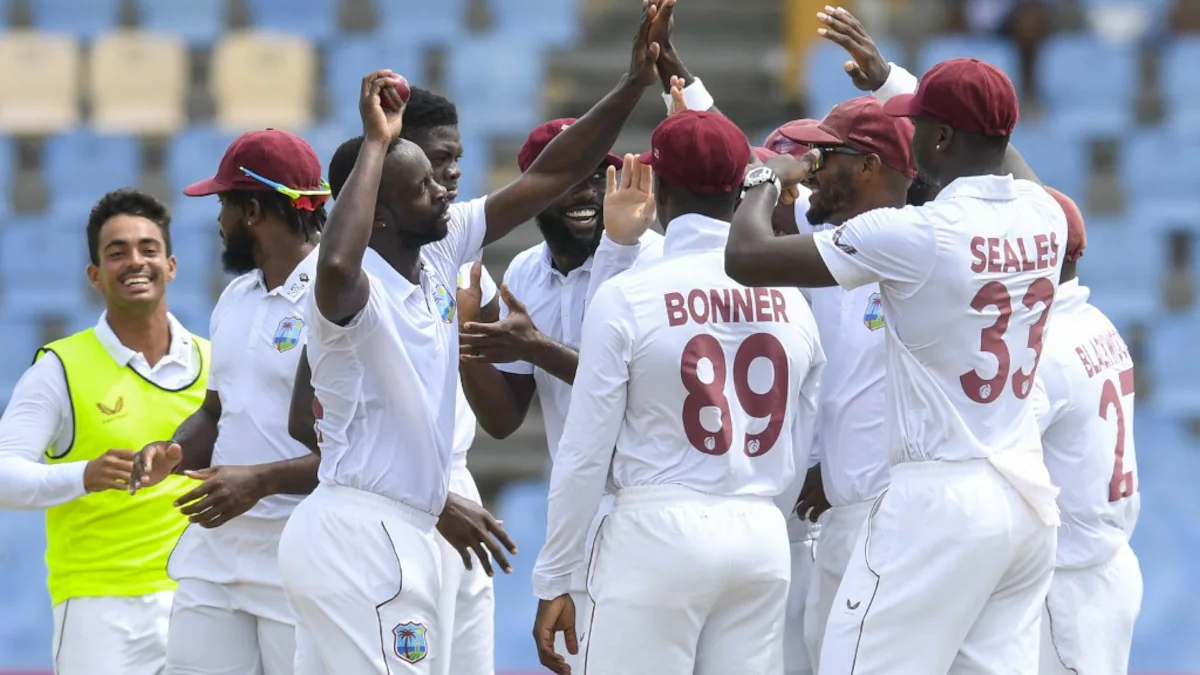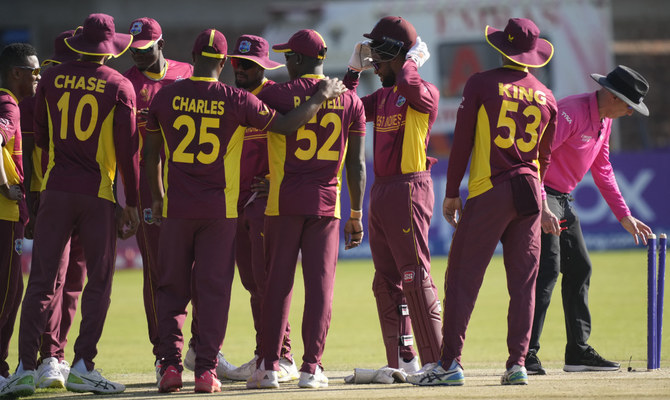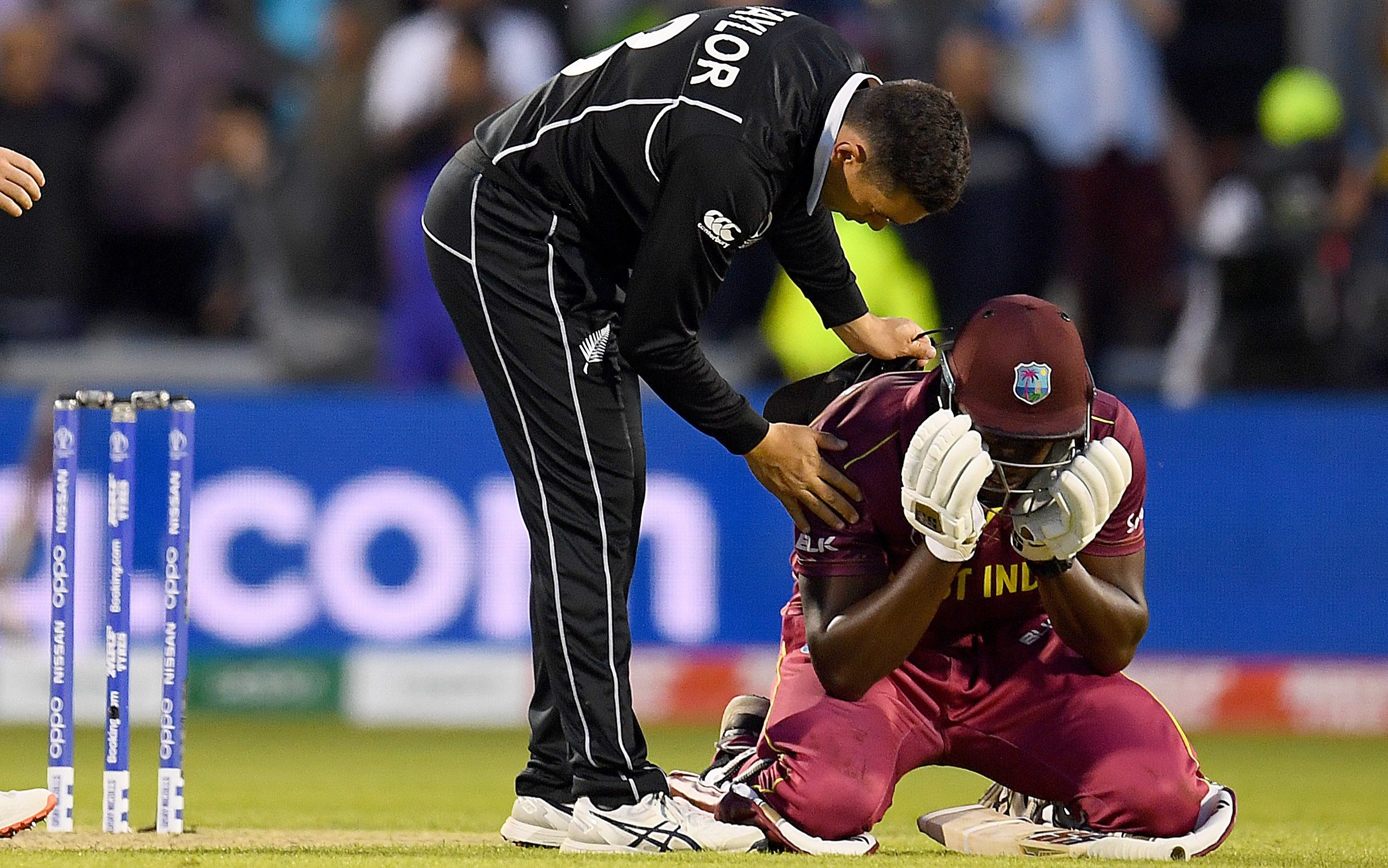The story of Frank Worrell, the man who once saved West Indies cricket.

Stylish batsman and pan-Caribbean statesman revitalized the dourly defensive environment of the 1950s Test game and became his team’s first black captain.
Sir Frank Worrell would have been 100 on Thursday. If anyone could have prevented West Indies Test cricket from extinction – a tall order following England’s 3-0 thrashing – it would have been Worrell.
The crisis is immediate. The West Indies have paper mache where their specialty batting should be. Other countries outside the cosy big three of England, Australia, and India struggle to keep Test cricket alive on a diet of a two-Test series here today and gone tomorrow, but none suffer the huge costs as the West Indian territories do, which must import every single piece of equipment.
Worrell was a superb cricketer who also served as a pan-Caribbean statesman. He died of leukemia at the age of 42 in 1967, just after bringing West Indian cricket, a unique blend of athleticism and elegance, to its full potential.
Worrell saved West Indian cricket after England won the 1957 series 3-0, just as they did this time. England annihilated West Indies spin bowling in the Edgbaston Test: the mystery spinner Sonny Ramadhin was not granted one leg-before-wicket dismissal in his 98 overs by home, rather than neutral, umpires, while Peter May and Colin Cowdrey kicked him with their front pads.
Few persons deserve two biographies at the same time, but Worrell is now renowned enough to do so. Simon Lister’s Worrell portrays the first black West Indies captain on the field, while Vaneisa Bakh’s Son of Grace depicts his private life. Together, they do him justice.
Lister describes how inadequate West Indies skipper John Goddard was in 1957. “At the start of an innings he liked to tell each fielder where to stand – including the wicketkeeper: ‘You – behind.'” When Goddard began speaking at an MCC dinner and couldn’t find his notes, he simply sat down. He used to lunch with the two tour managers, not his players; all three were white.
But Worrell was a complicated man with a convoluted private life, including numerous affairs, as Bakhsh describes. And, as the proverb goes, no man is a prophet in his own land, so Worrell departed Barbados shortly after becoming the youngest batsman to make a triple-century in first-class cricket. Worrell moved to Jamaica, where, according to Bakhsh, a local businessman sponsored him; otherwise, there was little money to be made playing cricket in the West Indies.
Worrell became the first black West Indies captain in 1960, after George Headley was handed one game. However, both biographies state that Worrell was initially offered the captaincy in 1957, following the terrible tour. To its credit, the West Indies cricket board did offer the job to the correct candidate, but Worrell declined. He was pursuing a degree at Manchester University while working as a league professional in Lancashire, and it was possible that the board might dismiss him after a couple of Test series against Asian opponents, once England and Australia arrived.
‘An iron fist in a velvet glove’
When Worrell accepted the captaincy, the dourly defensive world of Test cricket in the 1950s sprang to life like spring flowers. A ticker-tape reception and a crowd of 100,000 farewelled Worrell’s team in Melbourne after their tour of Australia and the first tied Test, in Brisbane.

Worrell relied on Wes Hall and Charlie Griffith for the 1963 tour of England, crushing inter-island rivalry in the dressing room and allowing Rohan Kanhai and Garfield Sobers to thrive together. Worrell had “an iron fist in a velvet glove” as captain, according to one of his teammates.
What would Worrell do if he were alive and given the mission of reviving West Indies Test cricket and ensuring that England did not destroy it at Edgbaston – not only their spin bowling, like in 1957?
It is a crisis: anecdotal evidence suggests that every young cricketer in the Caribbean aspires to be a T20 specialist, earning millions around the world. Nobody wants to spend the entire day batting against a red ball, and in certain regions, such as St Lucia, there is no club cricket left to play.
Their most recent domestic first-class competition exemplifies the condition of circumstances. Eight first-class teams (including Combined Campuses and Colleges, who did not win a game) played each other once; Guyana won the title again because they have the quick, flat finger-spinners for the pitches that groundsmen are paid far too little to prepare; no totals of 400 or more except if Combined Campuses were bowling; the highest run-scorer was Mikyle Louis, who can thrust his front foot down the pitch and battle bravely but had everything else to learn when
And, all the while, the West Indies Women’s team – the World T20 champions less than a decade ago – is also going down the pan.
West Indies Test cricket too precious to lose
We can only speculate what would happen if Sir Frank Worrell were given a magic wand to wield in his iron fist and velvet glove. My guess is he would gather all the West Indian prime ministers together for a few (or more) drinks; and persuade them to disband the West Indies Cricket Board as it is constituted with two representatives from each of Barbados, Guyana, Jamaica, Trinidad and Tobago, Leeward and Windward Islands, plus a few independent directors who are there to appear great and good, not because they care about the game (i.e. the same as the ECB).
Worrell would then persuade all-time greats such as Sir Vivian Richards, Sir Curtly Ambrose, Sir Richie Richardson, and Sir Clive Lloyd to form a nominations committee, which would propose the names of new board directors. They might choose West Indians who live in the Caribbean and are currently overseas; several, I believe, would be female; and everyone would care.
West Indies Test cricket is too important to lose. The human form has rarely been seen in such a way as when Sir Garfield Sobers did something on a cricket pitch, when Worrell himself played a late cut, when Michael Holding began his run-up, or when Richards yanked his maroon cap, chewed his gum, and struck his first ball to the boundary.


